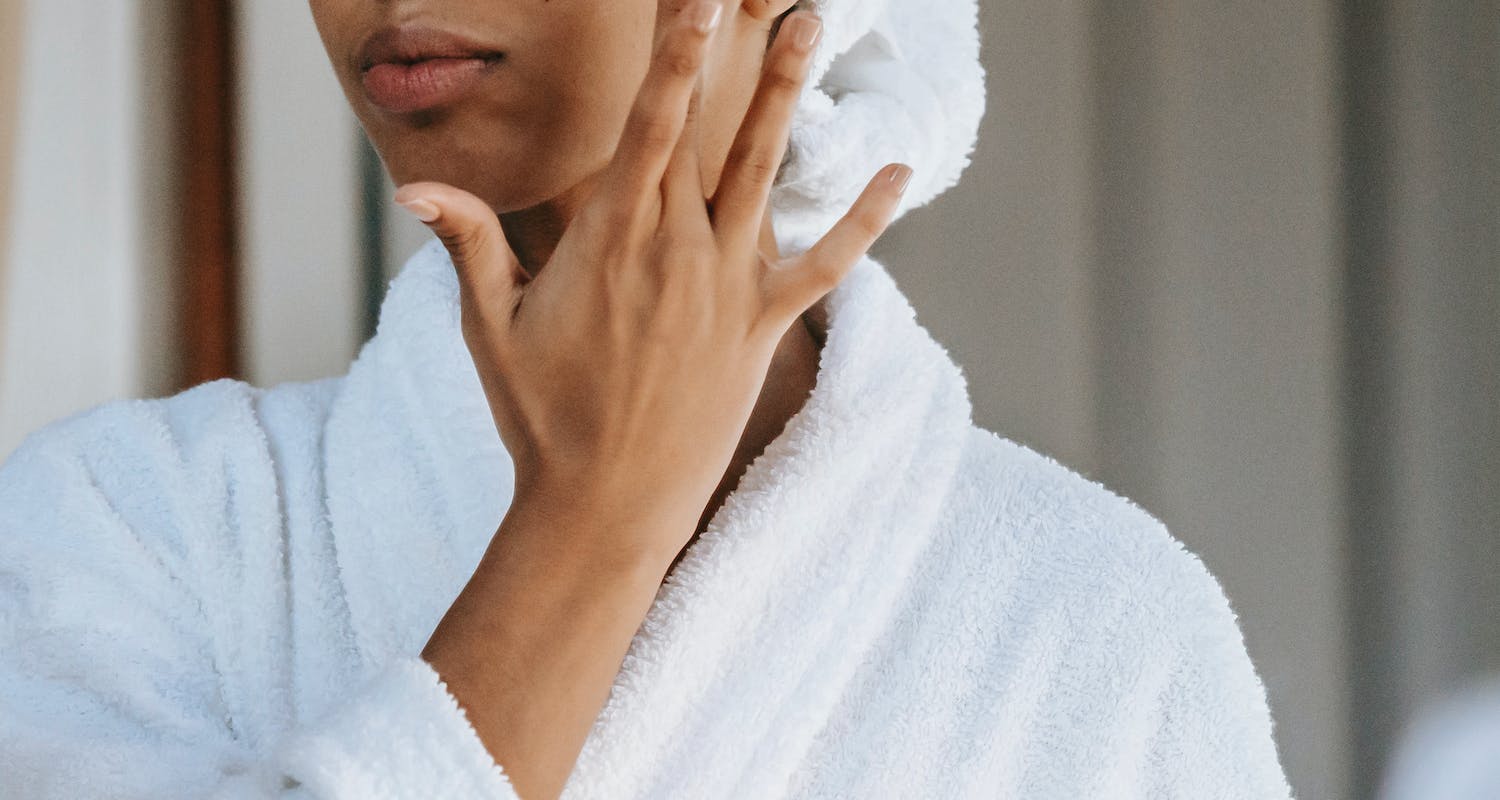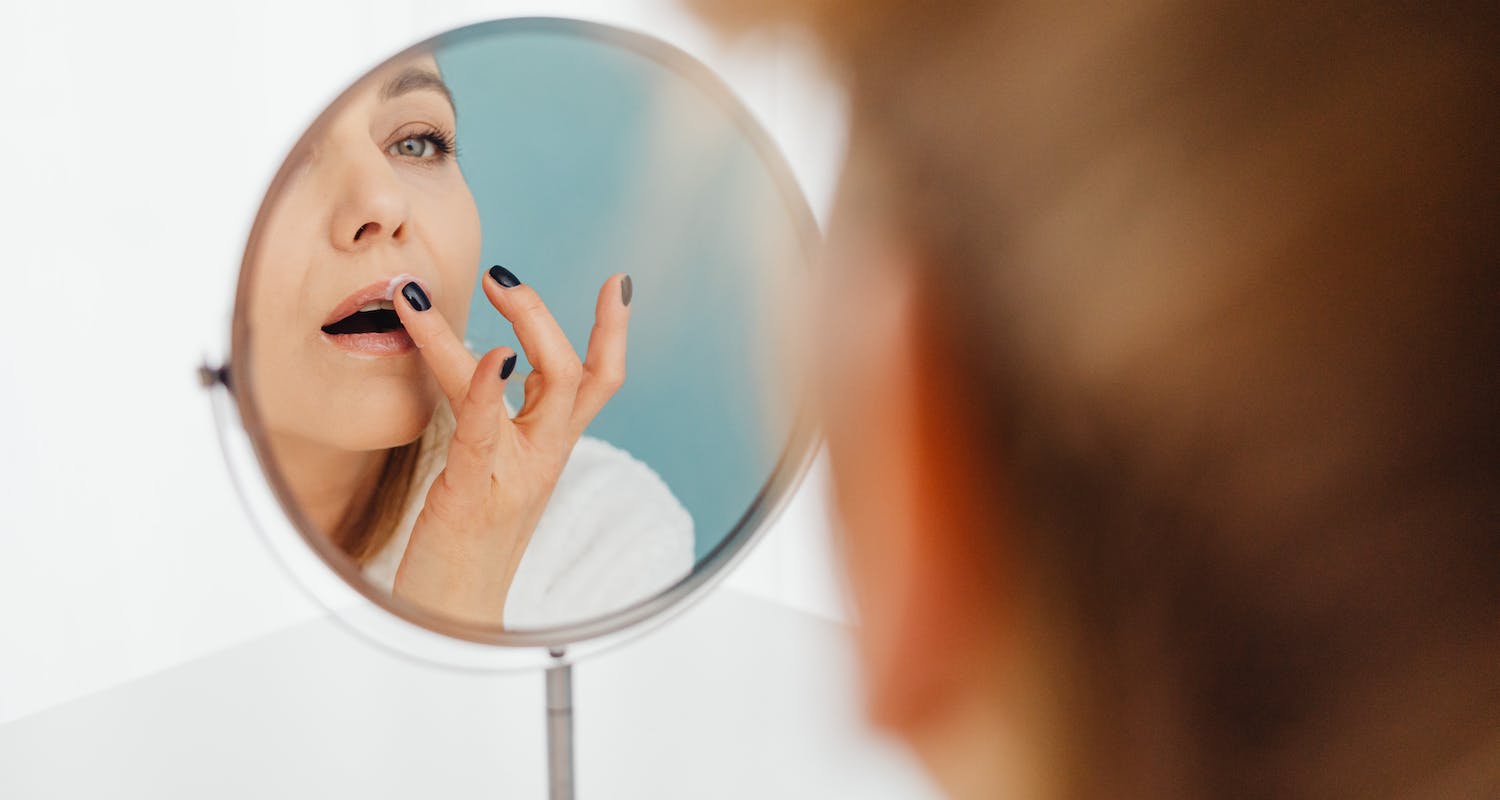Skin care is essential for anyone that wants to have healthy skin. With proper skin care, you can prevent acne bacteria from creating pimples, black heads, and other skin problems. Sometimes people find it hard to care for their skin. The tips in this article will help you care for your skin.
It’s important to exfoliate your skin gently but thoroughly on a regular basis. Exfoliation gets rid of dead skin cells and opens up your pores, which means that when you shave, you’ll be less likely to get razor bumps. Exfoliation also gives your skin a polished, new look.
If you want clear skin, you may have to sacrifice something else. The agents in teeth whitening products may actually be to blame for those breakouts occurring around your lips and mouth. Stop the whitening and you will notice a significant difference in your skin. You can also try a different whitening product to see if you can avoid a reaction.
If you want to reduce unwanted redness in your skin, skip the store-bought products and try making your own redness reducer. That way you’ll know exactly what’s going on your skin, and you can avoid harsh ingredients that will potentially irritate your skin further or cause breakouts. You can make your skin treatment out of a little bit of jojoba oil and some Aloe Vera juice, both of which are gentle and readily available at the grocery or health food store.
Eat more antioxidant-rich foods to help your skin. Antioxidant-rich foods help to protect the skin. Some great foods that will help your skin are orange and yellow fruits such as carrots and apricots. Other excellent choices are blueberries, and green leafy vegetables such as spinach, tomatoes, peas, beans. Try to get some EFA-rich fish and nuts regularly too.
For total body exfoliation, invest in a long-handled, natural bristle brush. Before you step into the bath or shower, brush your dry skin with vigorous, circular motions. In addition to leaving your skin feeling tingly and invigorated, dry brushing will also improve your circulation and slough away dead skin to create a glowing appearance.
You should protect your skin not only with lotion but also with clothing. If it is sunny outside, make sure your clothes protect your skin. Do not wear clothes that fit too tightly to allow your skin to sweat and avoid irritation. If it is cold outside, protect yourself accordingly to avoid dry and chafed skin
A necessary skin care step that many people skip is exfoliation. This is the removal of the top layer of dry, dead skin using either a soft brush or exfoliation gloves. It’s necessary for younger, healthier skin. In fact, the reason why men often have younger-looking skin than women, is because shaving automatically exfoliates their skin. An added bonus for women, is that exfoliating will help their foundation go on more smoothly
If you have terribly dry skin, you should make sure that your invest in a moisturizing cream rather than a moisturizing lotion. Lotions take longer to be absorbed into your skin, making them less effective that moisturizing creams. Keep your body moisturized the right way with creams rather than lotions.
To get better looking skin without using products, be sure to get plenty of sleep. Sleep is when your skin cells regenerate and a good night’s rest can leave you looking younger and rejuvenated. Sleeping also causes your body to produce relaxing hormones, which can give your face a healthy glow.
There are some vitamins that you can take that will improve the condition of your skin. Vitamins E and C do a wonderful job of calming the tone of your skin. Taking both of these vitamins together gives your skin the ultimate calming effect. You can get these vitamins from many different types of foods, such as oranges and sweet potatoes.
Dermatologists have begun to recommend a daily supplement of 1000 IU of Vitamin D3 to improve the condition of your skin. It has long been known that Vitamins A and E contribute to skin health, and now Vitamin D3 is the latest supplement to make that list. Be sure to check with your doctor first to see what your Vitamin D levels are, and then start taking a daily supplement if needed.
Skin care routines for clear, healthy looking skin should always include drinking plenty of water. Drinking water helps flush toxins from your system, carries nutrients to thirsty skin cells and helps your skin to stay well hydrated. While drinking lots of water improves your overall good health, you can actually see the difference in the look and feel of your skin.
If your skin is oily, do not use any moisturizers or sunscreens that contain oil. Oil from moisturizers and lotions can clog your pores and lead to blackheads. Your skin is already producing enough oil naturally during the day, so you should look for oil-free products to stabilize the oil production on your face.
Protect your sensitive skin from excessive cold, heat, chemicals, and sun exposure. Because sensitive skin is actually thinner than average skin, it is easy for it to become irritated and damaged by things that would not bother most types of skin. By carefully choosing hypoallergenic products and protecting your skin from extremes, you can make the most of the delicate nature of your sensitive skin.
In conclusion, skin care is essential for healthy skin. Proper skin care prevents acne bacteria from wreaking havoc on your skin and creating problematic skin lesions. Although some people find caring for their skin to be hard, with the tips in this article you can easily care for your skin.












